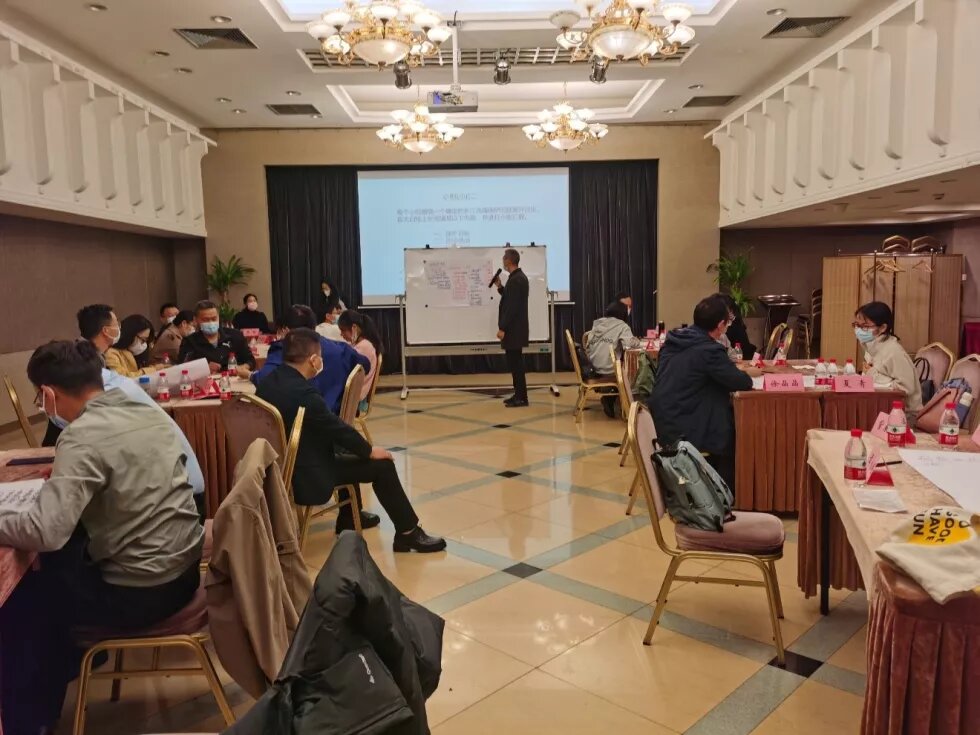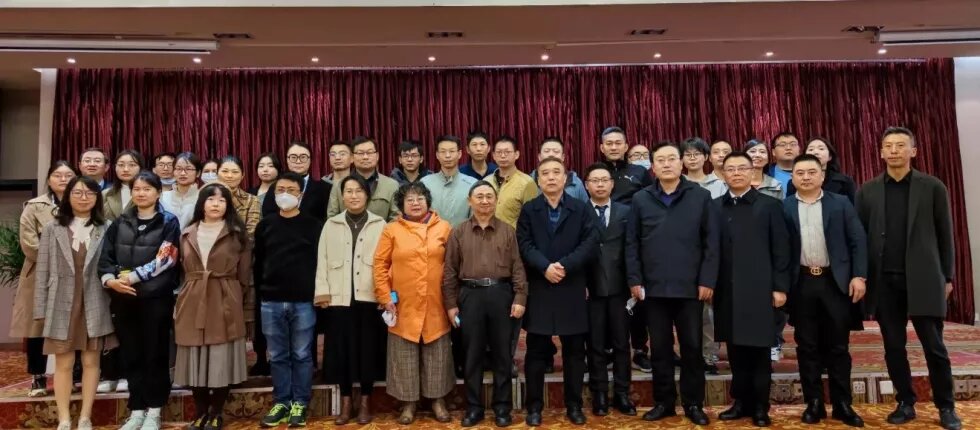

Against the backdrop of the introduction of the first special law on watershed management in China, the Yangtze River Protection Law, which has taken effect on March 1 of 2021, it is essential to promote exchange and communication among stakeholders along the Yangtze River. Under the support of Heinrich Boell Stiftung Beijing Representative Office, the Research and Service Center for Environmental and Resources Law of the China University of Political Science and Law (CUPL) organized the “Workshop on Capacity Building and Exchange regarding Legal Protection along the Yangtze River Basin” during Oct. 24-26, 2021 in Beijing.
Around 40 participants attended the workshop, including members of environmental NGOs along the Yangtze River, environmental lawyers, procurators, and students from ecology majors. Experienced scholars and lawyers shared knowledge, experiences, and practices on key topics including the new Yangtze River Protection Law and environmental public interest litigation, environmental public participation and capacity building, and typical cases that could be applicable in the context of ecological and environmental protection along the Yangtze River. All the participants agreed that the implementation of the Yangtze River Protection Law is an opportunity for them to conduct more ecology protection projects. Meanwhile, there are several challenges including a lack of coherence regarding implementation organizations, insufficient coordination between government departments, and the need to redefine government performance assessment.
The participants expressed a willingness to focus their future work on the following three areas: addressing pollution in the shipping industry, preventive measures for hydro power plants, as well as rural non-point source pollution. Friend of Nature, an experienced NGOs in environmental public interest litigation (EPIL), shared their work and knowledge, presenting the green peafowl protection case-- the first preventive public interest litigation case on the protection of endangered wildlife in China.